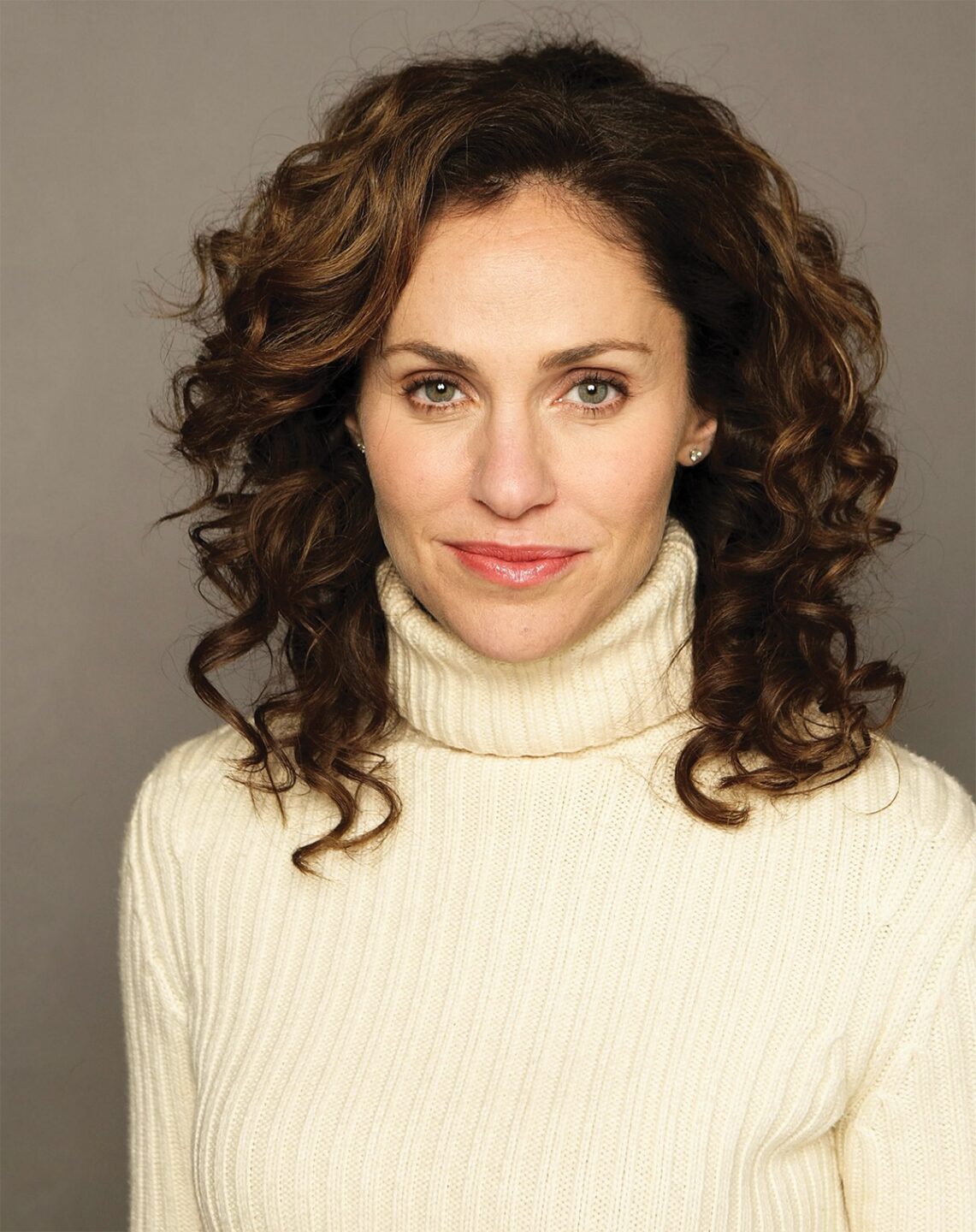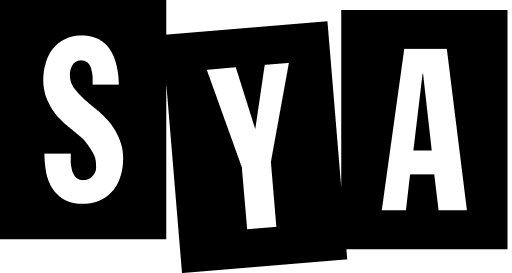
photo courtesy of Amy Brenneman
It was the summer when I turned 21.
My boyfriend of three years and I were meeting up in Los Angeles, a city I’d never been to. I first visited a friend in the Bay Area and then hitched a ride down the Central Valley with friends of my friend.
My period was late. I sat in the backseat of the car, listening to the friends of my friend chat with each other in the front. I felt like a child looking out the window at the vast sky and fertile fields, a planet away from my quaint New England home. I felt a menstrual cramp—my heart leapt with relief ! But no, I just had to pee. This happened over and over again in the five-hour trip down to LA.
There, I took a pregnancy test. John and I looked at each other and smiled with clarity. I was about to begin my junior year at Harvard. He lived in New York. We loved each other, we were dear friends, and our birth control hadn’t worked. That was the whole story. We were both crystal clear and in deep agreement—it was not the right time for either one of us to become a parent.
We looked in the Yellow Pages for a doctor who performed abortions. We went to his office, cool and soothing, overlooking Sunset Boulevard. I remember his kindness, I remember my boyfriend’s sweet support, and I remember being deeply validated for this choice I knew in my bones was correct. I remember feeling utterly connected to the little fledgling inside of me and communicating clearly with it: it’s not the right time, little one. I’m not ready for you yet.
Afterward, we went to the hotel where John and his friend Ed had booked rooms. Enormous birds of paradise encircled the small pool where I sat in the sun and drank juice, peaceful. Inside, the television was on. A panel of white, male senators described the catastrophic psychological effects of abortion to bolster their position that Roe v. Wade be overturned. I laughed out loud. “What do they know?” I thought. I still think that.
Initially I felt ashamed of my lack of shame and confused by my lack of confusion. I never had a moment’s doubt, one twinge of melancholy, or any remorse at all. That was my rock-bottom truth.
I didn’t know if I’d tell my parents. I didn’t know if I needed to.
I told my brother Andrew. He was kind and understanding. “You probably don’t need to tell Mom and Dad about this,” he suggested. I didn’t disagree. Between Andrew and John, my experience had already been shared enough.
But when I saw my mother come up from the basement in our family home, holding an enormous basket of laundry, something vomited up out of me, wholly unplanned. “I had an abortion!” I blurted. She paused, choosing her next words, which were, “Is that why you went to California?” I was confused, not at all grasping her meaning.
Twenty years later, in 2004, I grasped them. It was only then that my mother told me of her own abortion. Mom was my age at a moment in history when young women had to travel, often far from their homes, to get illegal abortions. It was 1945, when she was a Radcliffe undergrad. America had just beaten the Nazis, and Cambridge was flooded with ecstatic, drunken servicemen. My mother fell into the arms of one, who disappeared in the light of day, leaving a fertilized egg in her womb. She went to the doctor—a woman—who was the only game in town.
My mother had lived with secret shame for decades. She sequestered her experience in a silo, hoping it would not bleed into her current successful life. She had handled it, I guess, but my heart cried at the lost connection between us. Why didn’t she tell me about hers, 20 years prior, when I told her about mine?
Back in Connecticut in 1984, my mother nodded at my news. She said, “You probably don’t need to tell your dad.” I didn’t disagree. Between Andrew and John and Mom, my experience had been shared enough. But still, it was odd. I was playacting a shame I truthfully did not possess.
In 2015, I was asked to be a part of the amicus brief in the Supreme Court case Whole Woman’s Health v. Hellerstedt. The brief supported the statistic that 97 percent of women who have an abortions do not regret their decision, and in fact the opportunity to exercise agency over our bodies makes us healthier, happier, and more responsible mothers, should we decide to be. I was featured in a New York Times article about the brief. Before it was published, I realized I had never told my father about my abortion. Better do that before he reads about it in section B!
I was extremely close to my father, who died one year ago. He was a feminist to his core. Of all the people not to know, in some ways it was absurd that it was he. “Hey, Dad, I have something to tell you,” I said to him as he flipped through yet another biography of Margaret Fuller. “You know I had abortion when I was 21, right? Well, I’m a part of a Supreme Court case on reproductive rights, and I wanted you to know before it hit the paper.”
My dad didn’t flinch. “That’s wonderful, honey,” he said, patting my knee.
After all that, it was like falling off a log.
I have now lived in Los Angeles for 25 years. The office of the doctor who performed my abortion is in the same medical building as my dermatologist. My abortion is not sequestered in a shame silo, the way my mother’s was. It has been thoroughly integrated into my daily life; it is part of the story of who I am. In the years since that abortion, I have become a wife and a mother to two children, one with special needs. For me, having that abortion allowed me to make wise choices for myself and those I love. At the tender age of 21, society told me that I had a say in creating my life and that what I thought mattered.
The simple truth is this: if a sperm and egg come together when a child is desired, a human being is born. But if a sperm and egg come together when a woman knows in her bones that it is not the right time for her to be a mother, then perhaps what is born is her own confident agency over her life.
